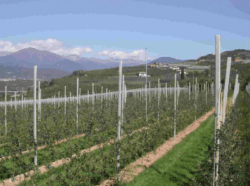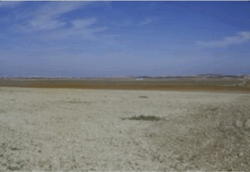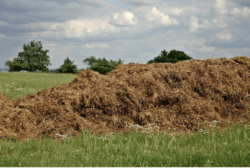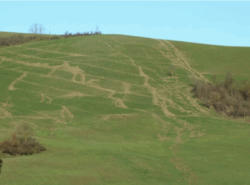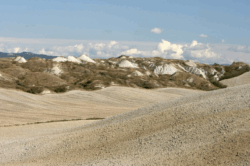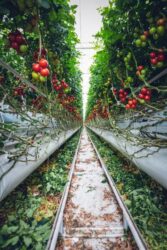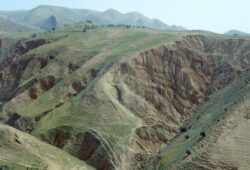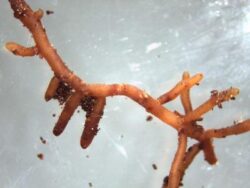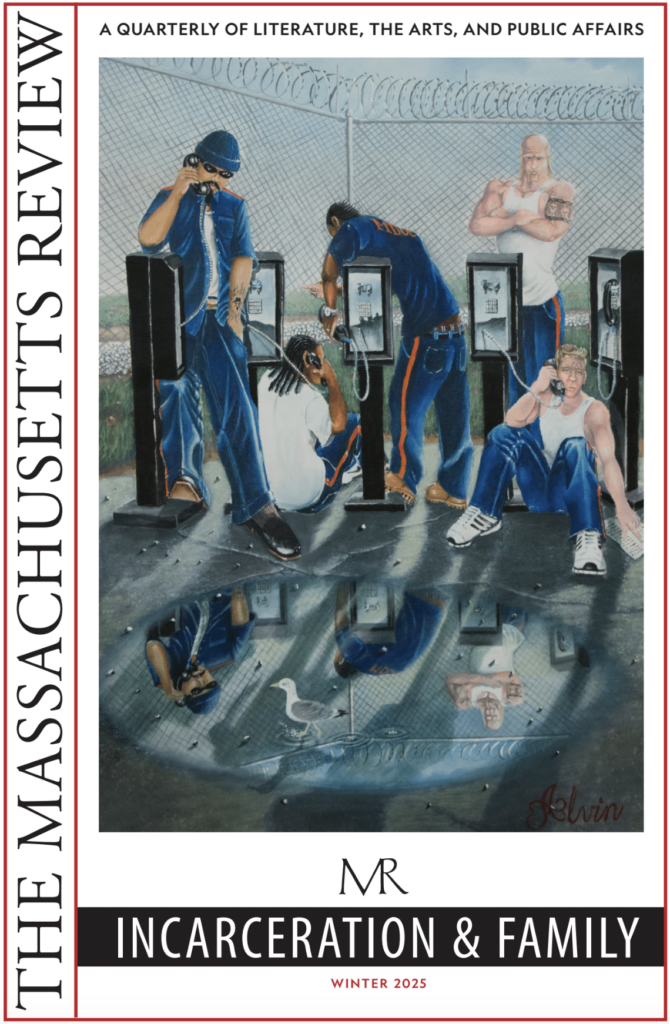
Beyond the Master’s Tools for Palestine
Graffiti for Palestine at the Teacher-Student Centre, University of Dhaka. Photo by Frameofashik, CC BY-SA 4.0, via Wikimedia Commons. Beyond Politicians As Israel’s war on the Palestinian people escalated, in the aftermath of Hamas’ October 7 attack on a rave and two kibbutzim in southern Israel, protests erupted around the globe. Educators . . .
Read More



